On August 3, around 200 agents from various government agencies raided the village of Roshankouh, near Sari, the provincial capital of Mazandaran, and destroyed six homes belonging to Baha’i villagers. Human rights organizations reported that agents had gathered the villagers in one place, confiscated their mobile phones so that they could not take pictures or film the events; nevertheless, a few short videos of the attacks were posted online, showing children and the elderly crying.
But last week was not the first time that Baha’is homes and properties in Iran have been seized or destroyed. Iranian officials try to justify these extensive violations of the human rights of the Baha’is with false charges such as by claiming the Baha’is are spies.
What can Iranians inside the country or abroad can do to prevent the repetition of such tragedies? We asked Musa Barzin Khalifelou, a lawyer, and IranWire’s legal advisor.
The Attack on Roshankouh Village
“This is the home of Mr. Sabetian. Last year they came and destroyed part of it and now they have razed it to the ground,” says a woman in a film of the attack on Roshankouh that has been posted online. The homes of at least three Baha’i families, including the one belonging to Sabetian family, were among those destroyed by the Iranian authorities without warning last week.
Videos of the attacks show excavators with hydraulic rams used destroy the homes. According to the website Human Rights Activists News Agency, or HRANA, at least six houses belonging to Baha’is were destroyed.
Police special forces, security police and Ministry of Agricultural officials also “grabbed about 20 hectares of farmland and installed barbed wire fences around them,” reported HRANA. And they arrested a Baha’i villager by the name of Farid Alavi and beat an elderly Baha’i. A source told HRANA that the agents used pepper spray against those who resisted.
Islamic Republic officials themselves confirmed the attack. Salman Sattari, governor of Sari’s Chahar Dangeh District, claimed that the homes were destroyed because they had encroached on public land outside the boundaries of the village.
“Eight warrants were executed in the village of Roshankouh and 20 hectares of public land were freed,” said Nasser Akbarzadeh, special representative of Mazandaran’s provincial government for fighting encroachment on forests.
The attack coincides with a new wave of persecution of Baha’is in recent weeks. On July 31, tens of Baha’is in various Iranian cities were arrested and the next day the Intelligence Ministry accused them of “spying for Israel” and “the organized promotion of anti-hijab [activities]”.
Destruction of Baha’i homes and confiscation of their properties goes back years. In 2010, homes belonging to some 50 Baha’i families were demolished and burned in the village of Ivel, in the same district in Mazandaran. And in late 2020, two Iranian courts issued orders that declared ownership of lands by 27 Baha’is in the same village to be illegal. Court documents indicated that the confiscation of their land was due to their religious beliefs.
Lands, homes and other properties belonging to Baha’is were also seized at a massive scale in the months and years after the 1979 Islamic Revolution.
According to documents published by the Iranian League for the Defense of Human Rights, on September 21, 2020, a meeting was held in the office of Sari’s governor, in which representatives of nine security and intelligence agencies decided to intensify the suppression of religious minorities, especially Baha’is and Sufis.
A transcript of the meeting, titled “Commission on ethnic groups, sects and religions”, shows that the participating organizations were instructed to “control movements by the deviant sect of Baha’is and by dervishes” and to devise “educational and cultural” plans to reach this goal. Human rights activists say these were “dog whistle” codewords for further crackdowns on Baha’is in this region.
The Response on Social Media
In the past few days, many Iranians condemned the destruction of the homes of Baha’is on social media and wrote that reasons such as “encroachment on public land” are only pretexts for the oppression of Baha’is.
Some posted pictures of fatwas and rulings by Shia jurists, including Supreme Leader Ali Khamenei, against the Baha’i faith and the Baha’is, calling these rulings “inhumane” and “fascistic”.
“The interrogator told me that [the Baha’is] are unclean and have tails,” tweeted Atena Daemi, human rights activist who has spent five and a half years in prison, “but they became my best friends and companions in prison because they were most honest and cultured. … Belief is not a crime! They have been deprived of the most basic rights.”
Arash Sadeghi, also a human rights activist, tweeted videos of the attack on Roshankouh and quoted a statement by the judiciary chief Gholam Hossein Mohseni Ejei about the destruction of Palestinian homes by Israel.
“These phony supporters of Palestine,” referring to the Iranian government’s public support for Palestinian statehood and their denunciation of Israel, “have been destroying and confiscating lands belonging to the Baha’is for years,” wrote Sadeghi.
The Lie about “Public Land”
More than 300,000 Baha’is live in Iran – though there have been no accurate numbers since 1979 – and in the past 43 years the Islamic Republic has done everything to destroy the Baha’i community. The authorities have banned them from higher education and government jobs, closed and harassed their businesses, destroyed and seized their properties, detained and imprisoned Baha’i citizens and promoted hatred of Baha’is among Muslims through pervasive hate speech and propaganda.
Musa Barzin Khalifelou, IranWire’s legal advisor, says that although Iranian government agencies have maintained a legal veneer for their actions against the Baha’is, in reality they use deception and underhanded legal pretexts to further they goals.
“The destruction of the homes of Baha’is has a history,” he says. “Sometimes they justify it by Article 49 of the constitution that allows the government to confiscate ill-gotten wealth but, unfortunately, the constitution uses words that are too general and open to interpretation, and this gives the officials a free hand to use them as an pretext.”
Article 49 of the Islamic Republic constitution states: “The government has the responsibility of confiscating all wealth accumulated through usury, usurpation, bribery, embezzlement, theft, gambling, misuse of endowments, misuse of government contracts and transactions, the sale of uncultivated lands and other resources subject to public ownership, the operation of centers of corruption, and other illicit means and sources, and restoring it to its legitimate owner; and if no such owner can be identified, it must be entrusted to the public treasury.”
“In the case of Roshankouh and Ivel, in Mazandaran province, the pretexts used by agents to destroy the homes of these citizens were environmental, for example, [alleged] encroachment on the forest or occupation of public land,” says Khalifelou. “These actions are unjust. But security agents usually observe legal formalities and get a ruling from the court to give their actions a legal appearance.”
He says that the pretexts are not only used against the properties of the Baha’is but sometimes even against Baha’i gravestones and their places of worship.
The government’s approach to the rights of the Baha’is is not legal but political, says Khalifelou. “Therefore, there is no legal solution. The agents who are dispatched to destroy the homes of Baha’i citizen might have a permit from the court. But we cannot accept it as a legal issue: it is political because the judiciary itself has become the agent of the security forces. The judiciary [in Iran] was never independent and it is willing to go along with them as well.”
What Can be Done to Support Iranian Baha’is?
Khalifelou believes that since Islamic Republic officials, including the judiciary, are unanimous in persecuting the Baha’is and destroying or confiscating their properties, not much can be done through the law in Iran: “Physical and cultural elimination of the Baha’is in Iran is a security, judicial and political policy across the country. All officials of the regime are unanimous in this and act accordingly.”
He believes that Iranian citizens might be able to force the government to retreat, a bit, by reporting the events and raising public awareness.
Khalifelou points out that the enmity of the Islamic Republic towards the Baha’is started the moment it took power: “From early after the Revolution, the revolutionary government used pretexts to confiscate properties belonging to the Baha’is, the Jews and even the Christians. It confiscated the properties of many non-Muslim businessmen and executed a large number of them. From early on the Baha’is, as followers of a religion which is not recognized by the constitution, were arrested, executed, banned from education, dismissed from their jobs and subjected to a wide range of harassments. The government wants to persecute these citizens so severely that they will all leave Iran. The Islamic Republic has been an enemy of the Baha’i faith from the start and this process has continued non-stop.”
But Khalifelou says Iranians abroad can play a role in stopping this process. “Informing international bodies, human rights organizations and the United Nations and filing complaints with them can be effective,” he says.
Khalifelou also points out that “Universal Jurisdiction” can also play an effective role: “Based on this principle, certain crimes such as torture, crimes against humanity and war crimes can be prosecuted in other countries. In the case of Iranian Baha’is, since the government seeks the complete cleansing of these citizens, this principle can lead to the arrest and the trial of parties responsible for giving the orders and their agents.
“Therefore, Iranians abroad can file complaints against those involved in cleansing the Baha’is,” Khalifelou says. “This only works, of course, if the culprits are arrested in a foreign country. For the moment, the International Criminal Court cannot take action against the government of the Islamic Republic. The best that can be done is to report these crimes to international bodies and human rights organization and to provide them with evidence so that foreign governments and citizens would pay more attention to this issue.”
“Foreign governments must be pressured to stop these crimes in any way that they can. Breaking diplomatic relations is one option, because the issue is not personal, and we cannot say that one person has been the victim of injustice. This is a systematic policy to cleanse the Baha’is and has been going on for more than 40 years,” he added.
visit the accountability section
In this section of Iran Wire, you can contact the officials and launch your campaign for various problems




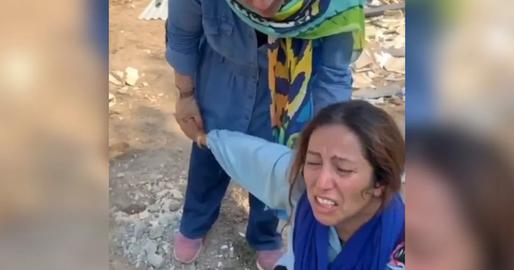
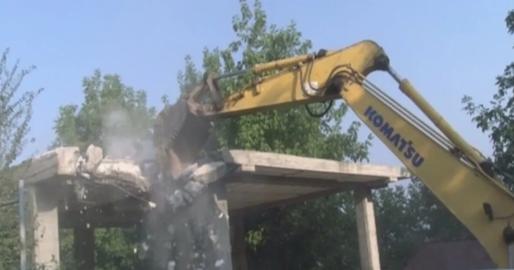
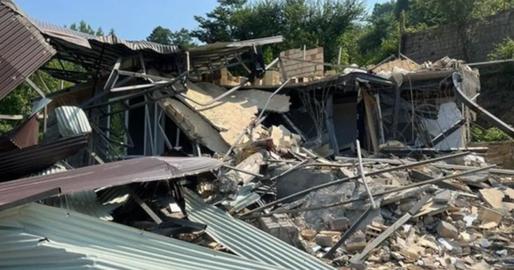
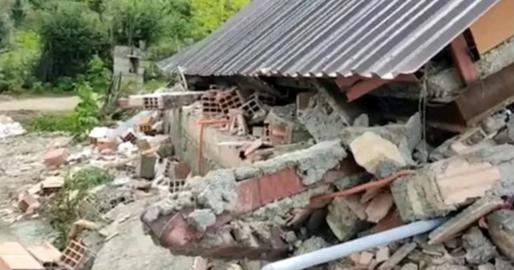


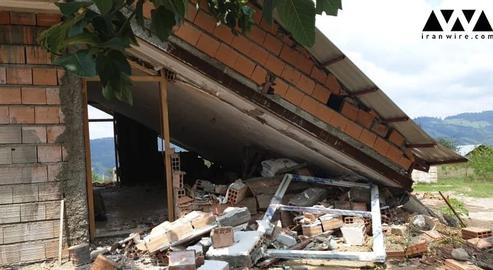

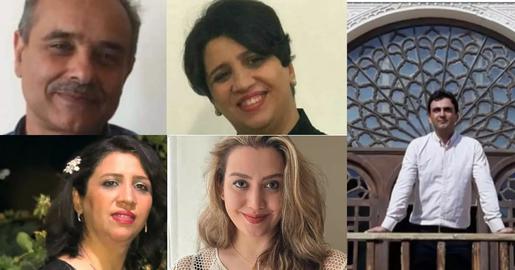

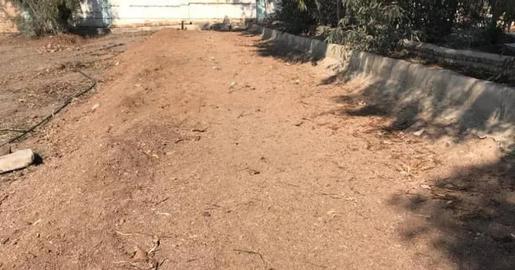
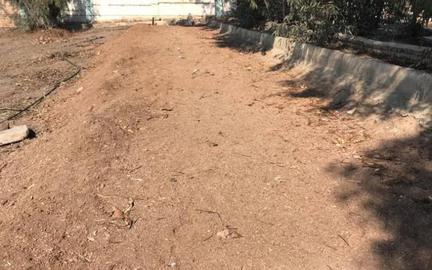

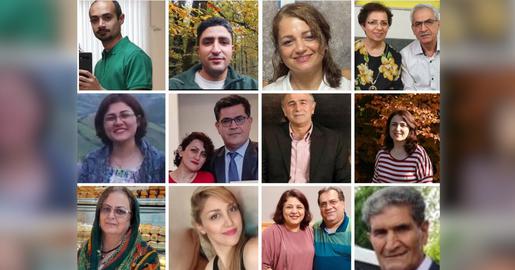
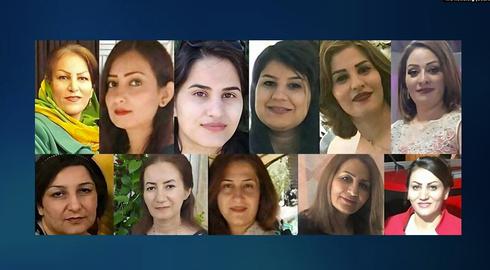
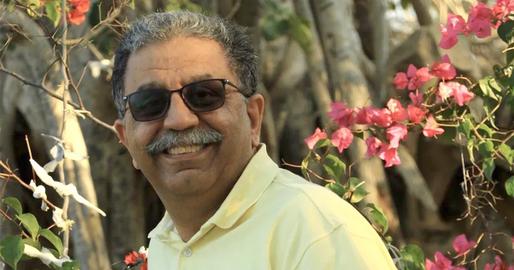



comments
Media abroad too could play a decisive role urging the governments and the UN to exert pressure on the Iranian regime to stop its heinous human rights abuse against the Baha'is and other minorities.